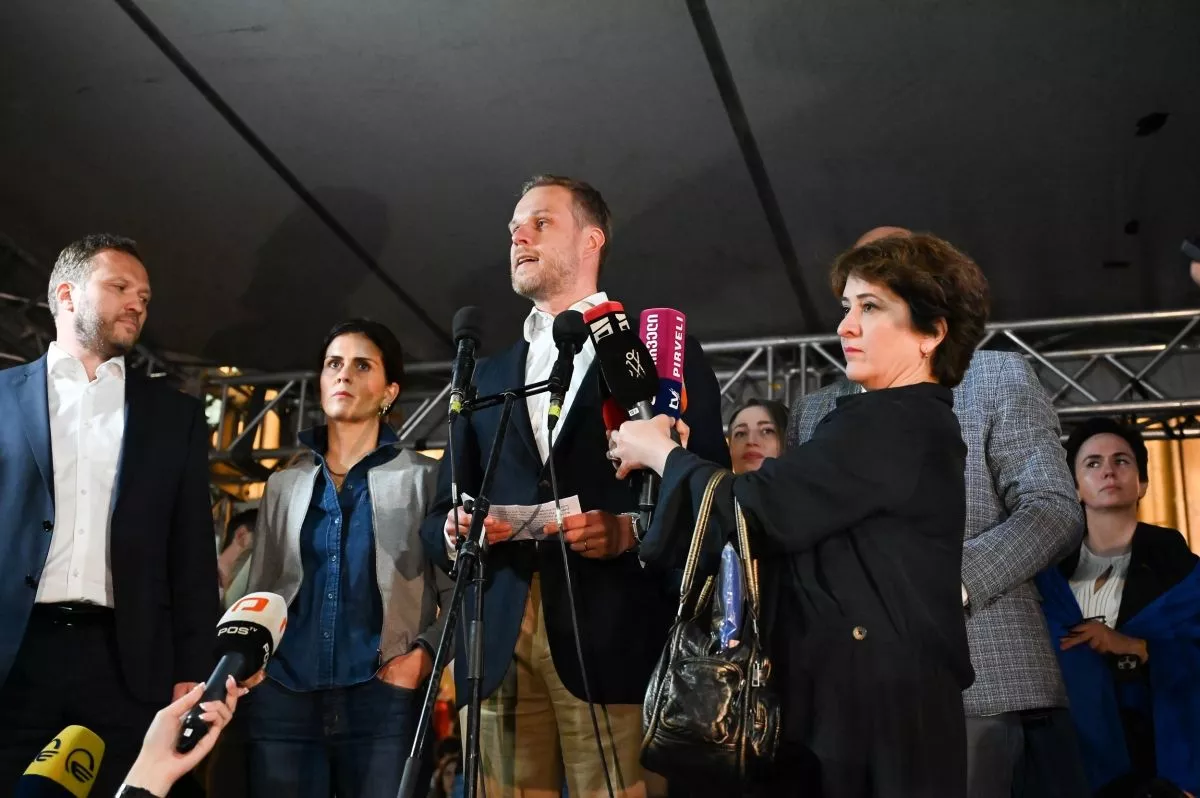Orbán champions Europe of equals in powerful show of solidarity with Georgia Defying EU’s overreach
We are witnessing a historic event unfold. On October 28, Hungarian Prime Minister Viktor Orbán arrived in Georgia for an official visit. At first glance, this may seem routine: the leader of one sovereign nation visiting another. Yet, it’s the notion of “sovereignty” that brings intrigue to the occasion. Both nations have had to exert great effort to uphold their independence, and in recent days, Tbilisi and Budapest have shown strong commitments to defending it — Georgia by making a landmark decision to pursue a path of true autonomy, resisting foreign influence, and Hungary by sending its leader to stand in solidarity with this choice.
Orbán’s visit follows close on the heels of Georgia’s parliamentary elections, in which the ruling Georgian Dream party emerged victorious. This timing lends a symbolic weight to Orbán’s presence in Tbilisi.
For months, we have observed a sustained campaign from the collective West against Georgia's legitimate government, aimed at undermining a sovereign decision: the adoption of a law on foreign agents. During the height of the protests, the European support for opposition forces even reached the point of direct interference, with the foreign ministers of Lithuania, Estonia, and Iceland rallying in Tbilisi against the law. Their presence and speeches at these rallies were not merely expressions of disapproval; they signalled calls for action against both the legitimate government and the very notion of Georgian statehood.

In Europe, under similar circumstances, such individuals would likely have been expelled and declared persona non grata. However, the Georgian government chose not to escalate the incident. Instead of acknowledgement, Brussels and Washington responded to Georgia’s adoption of the foreign agents law with what amounts to a diplomatic boycott, slowing the country’s EU accession process and threatening a range of sanctions.
Against this backdrop, Prime Minister Orbán’s visit to Georgia sends a clear and resounding message: Brussels is not synonymous with the entirety of the EU. At the heart of the European continent, whose cultural and political sphere Georgia aspires to join, there is indeed a nation that challenges the EU's globalist bureaucratic mechanisms.
Since the rise of the Fidesz party, Hungary has become a beacon for those defending the sovereign rights of individual European states against the dominance of Brussels within the Union. Hungary, with unyielding resolve, exemplifies that it is far too soon to write off a Europe of free peoples. Through his visit, Orbán seeks to share with Georgia the vision of a Europe where sovereignty and national identity still matter.

Hungary faces its own formidable challenges in bolstering its sovereignty. Brussels, in any possible way, attempts to hinder Hungary’s independent course, sometimes employing the same ultimatum-driven tactics it has used against Georgia. Yet Hungary’s strength lies in its existing EU membership; it cannot be swayed by the prospect of joining. Theoretically, Brussels could push Hungary towards an EU exit, but who would suffer more as a result? Given rising public dissatisfaction across the EU with its centralized bureaucracy, Britain’s high-profile departure, and growing pro-“Brexit” sentiments in countries like Italy, Brussels is keenly aware that losing members would be counterproductive. Now more than ever, its focus is on demonstrating the benefits of EU membership.
To be fair, the EU offers significant advantages to its member states, but these are not charitable handouts. The EU’s power comes at the cost of each member state surrendering a measure of its sovereignty. This is a deliberate choice, weighed against the benefits of membership. Problems arise, however, when Brussels, emboldened by its influence, seeks to appropriate even more authority from member states. This is where resistance within the union takes shape, and Budapest stands as a central force in this struggle.
Prime Minister Viktor Orbán’s visit to Tbilisi, amid Brussels’ near boycott of the Georgian election outcome and hasty accusations against the government, serves as a political statement. Orbán’s presence underscores the belief that new EU members should join with their heads held high, refusing to yield to every demand of Eurocrats. His arrival is a signal of true sovereignty and genuine European solidarity — one that treats nations as equals, not subordinates.
Long live, Europe of free peoples!








